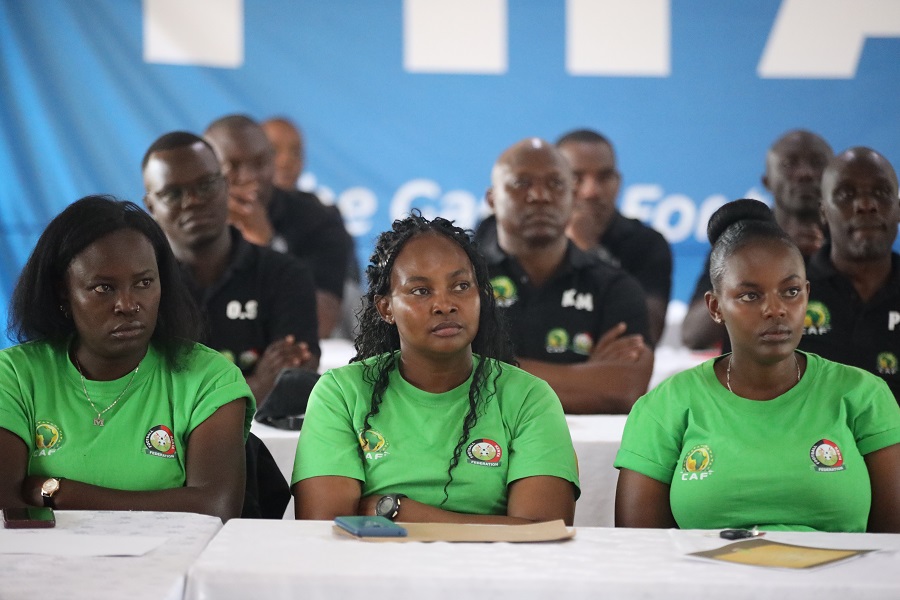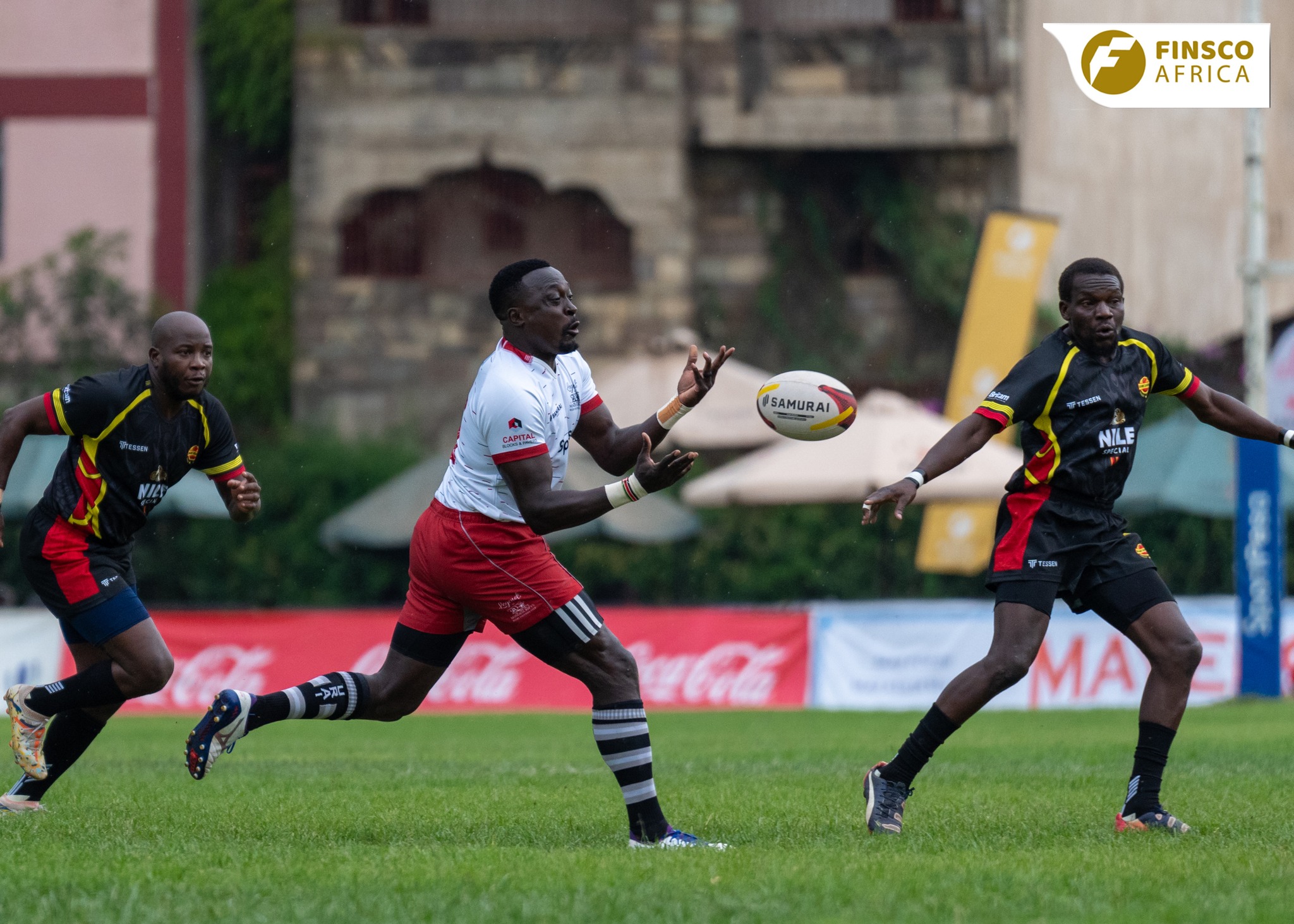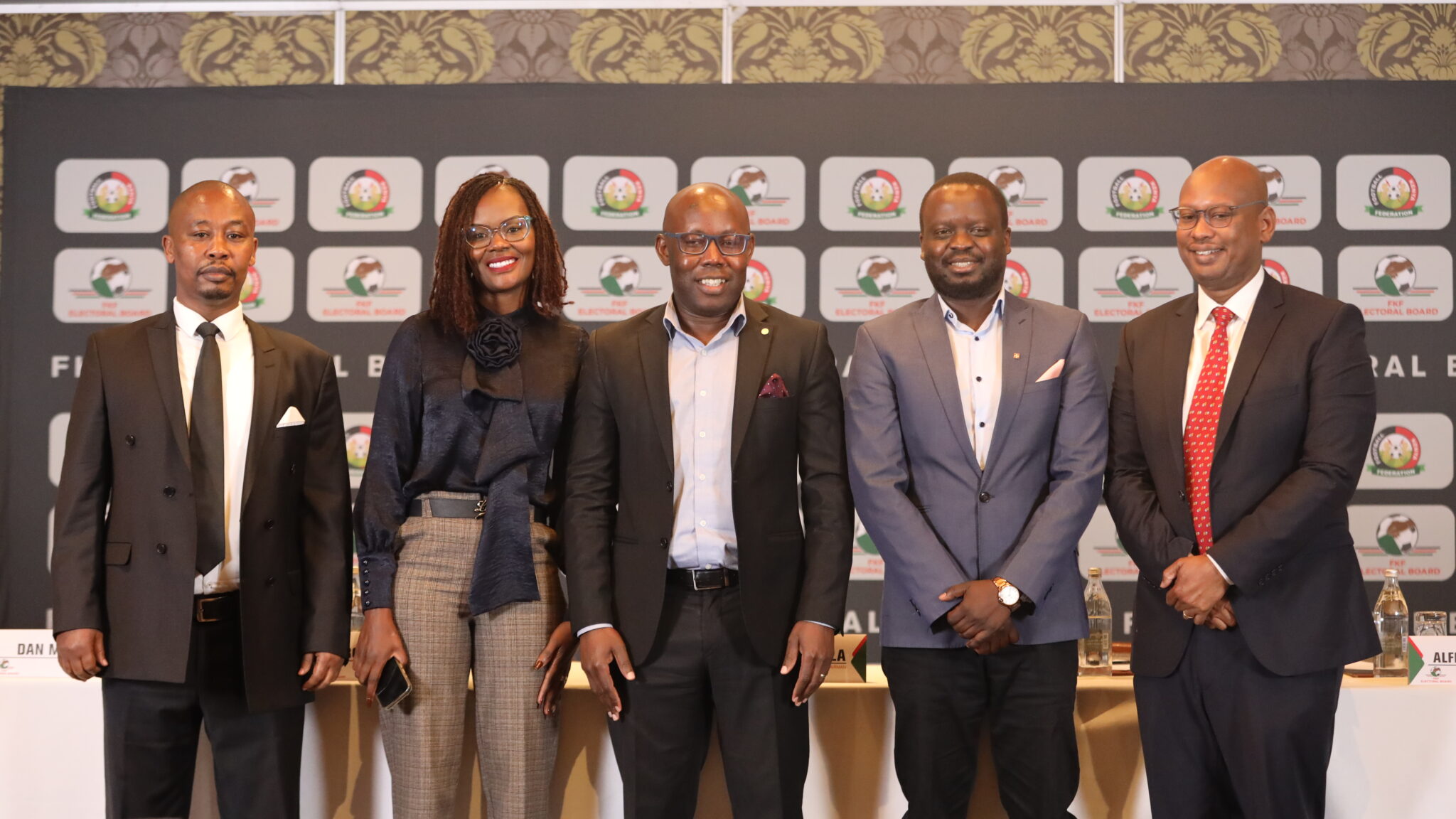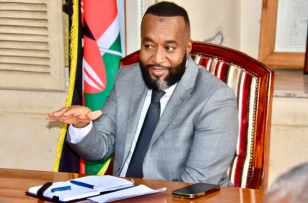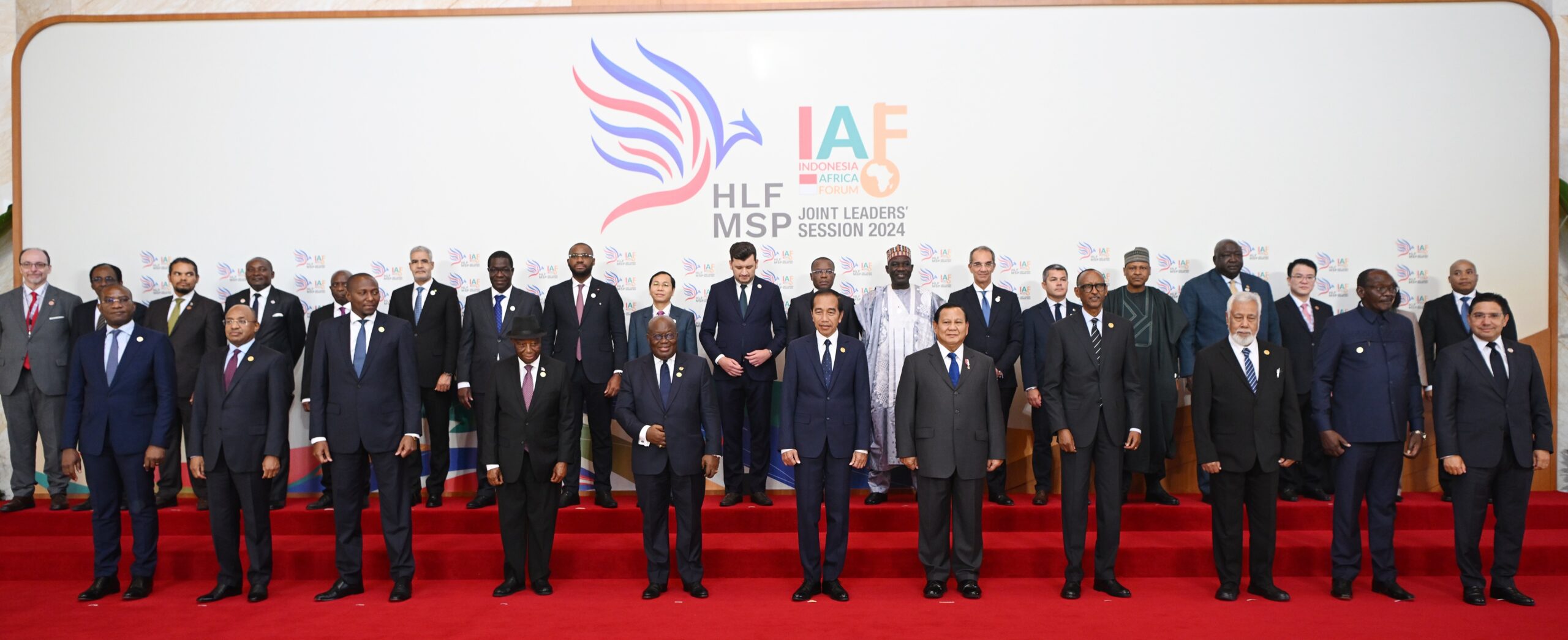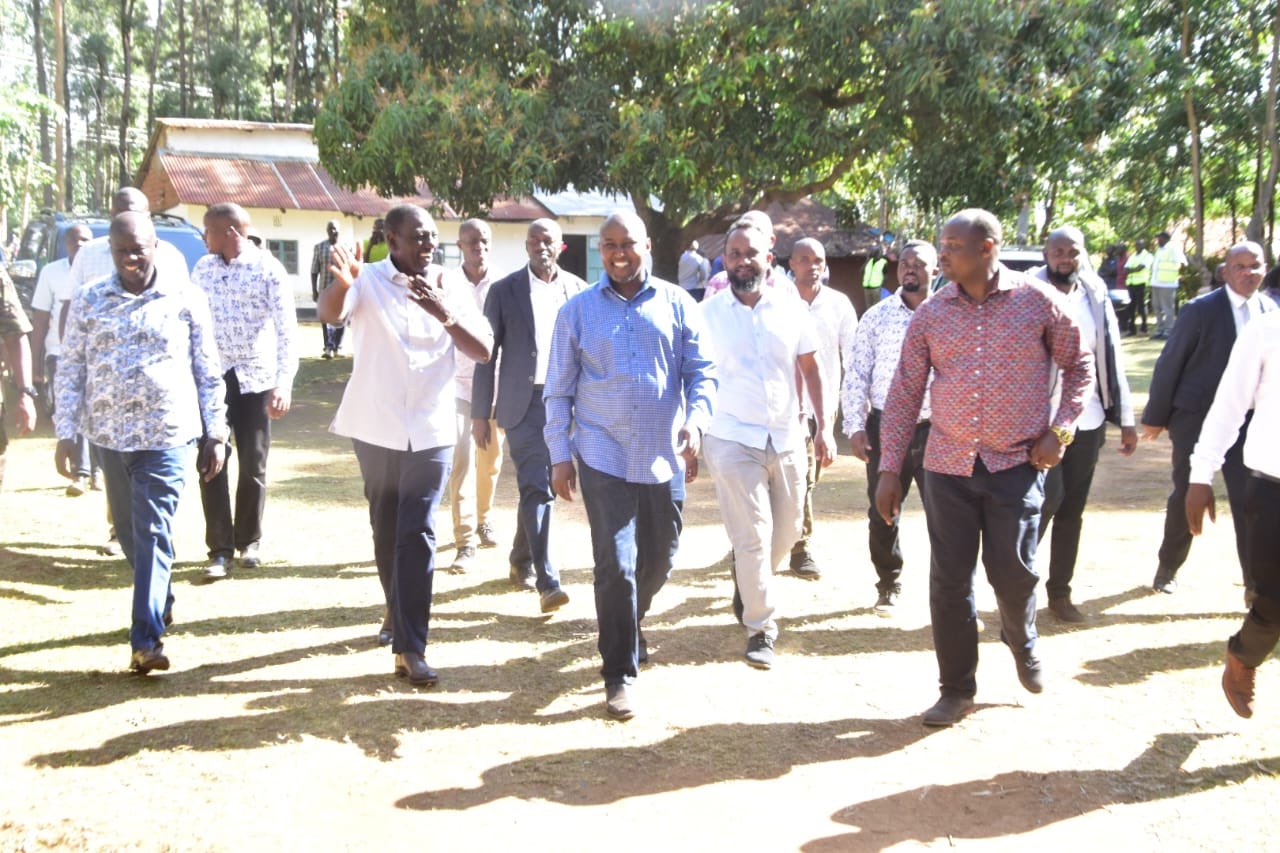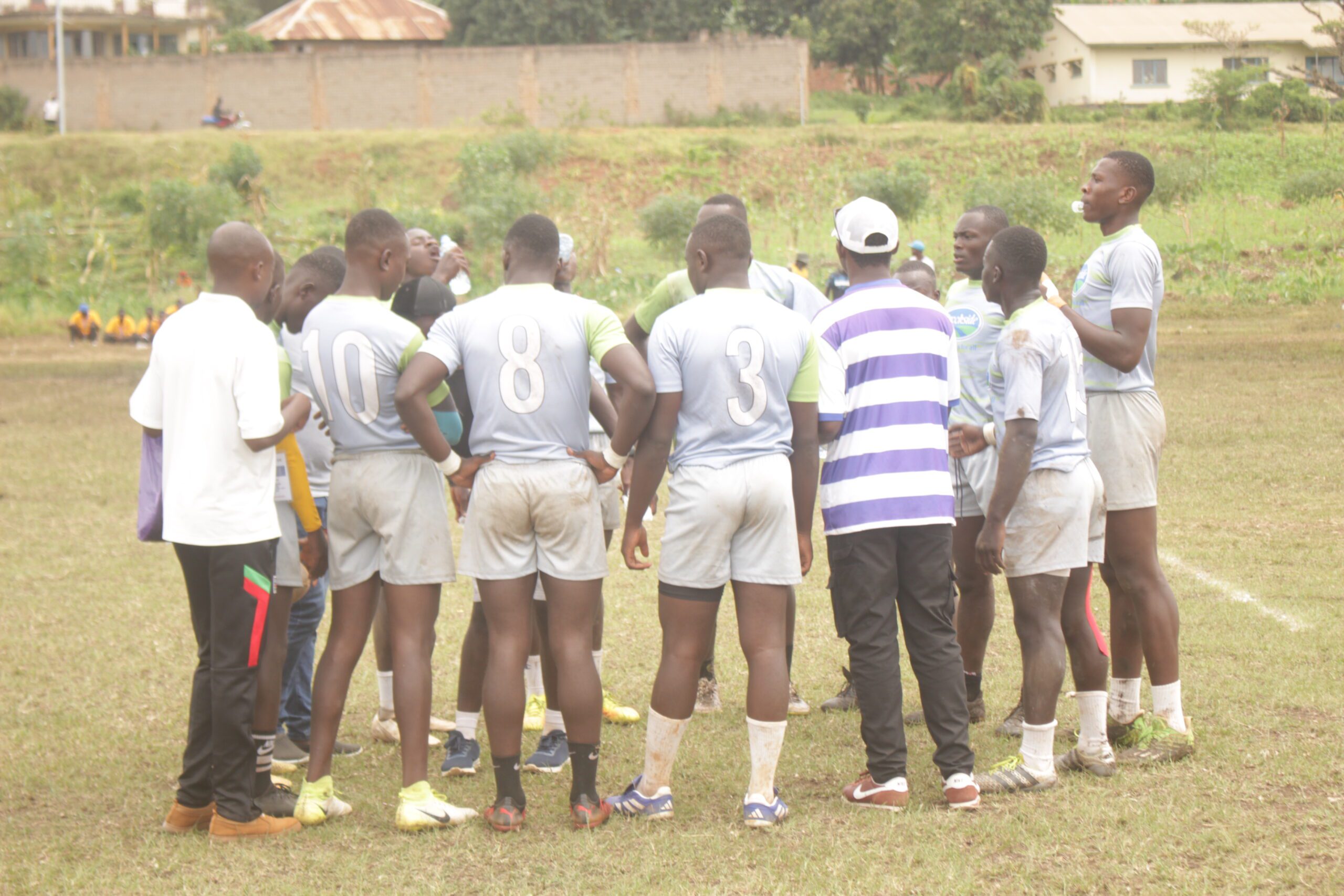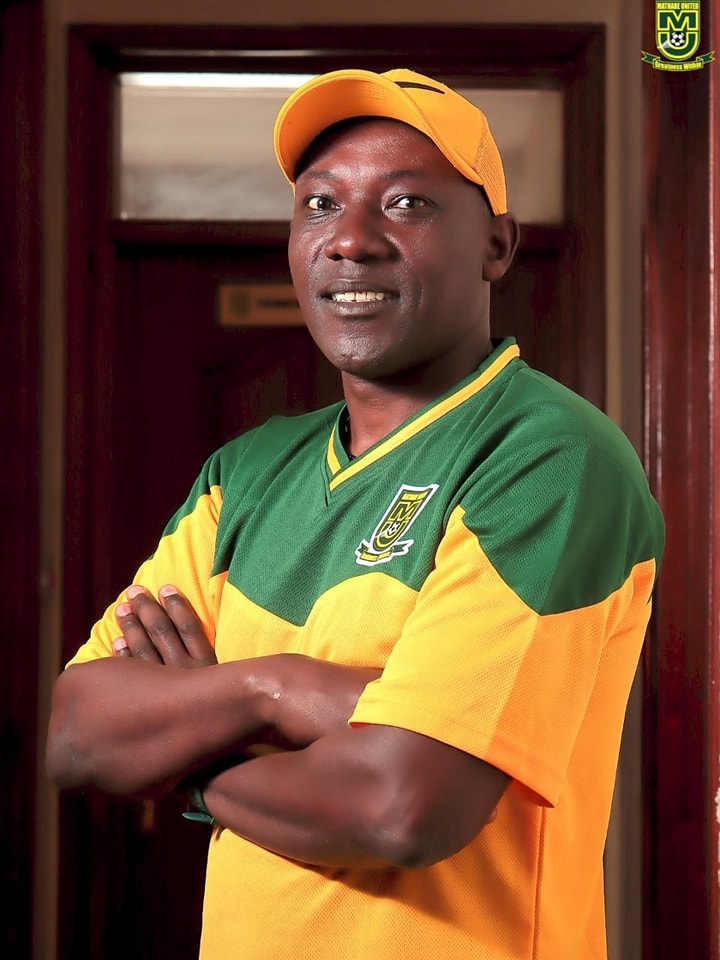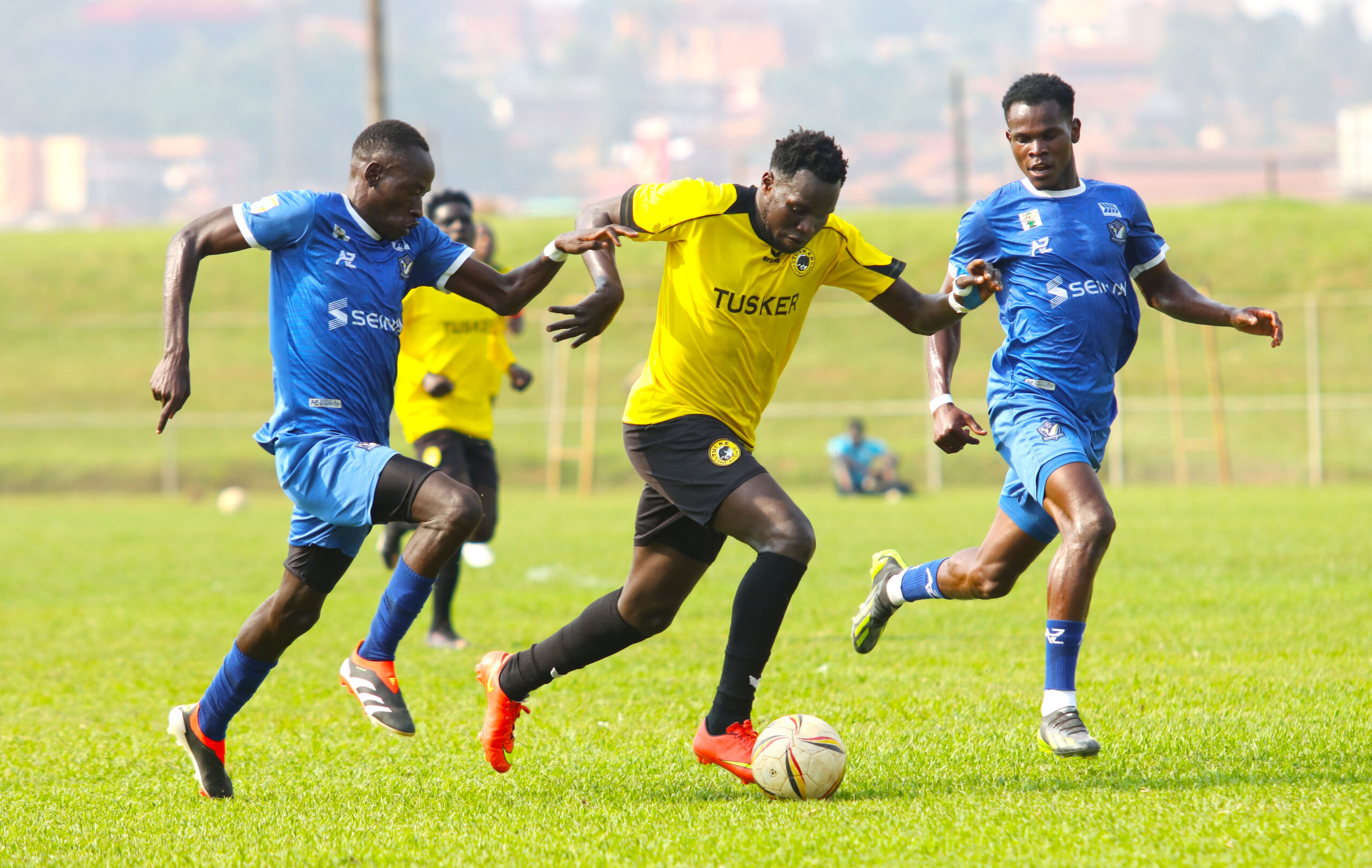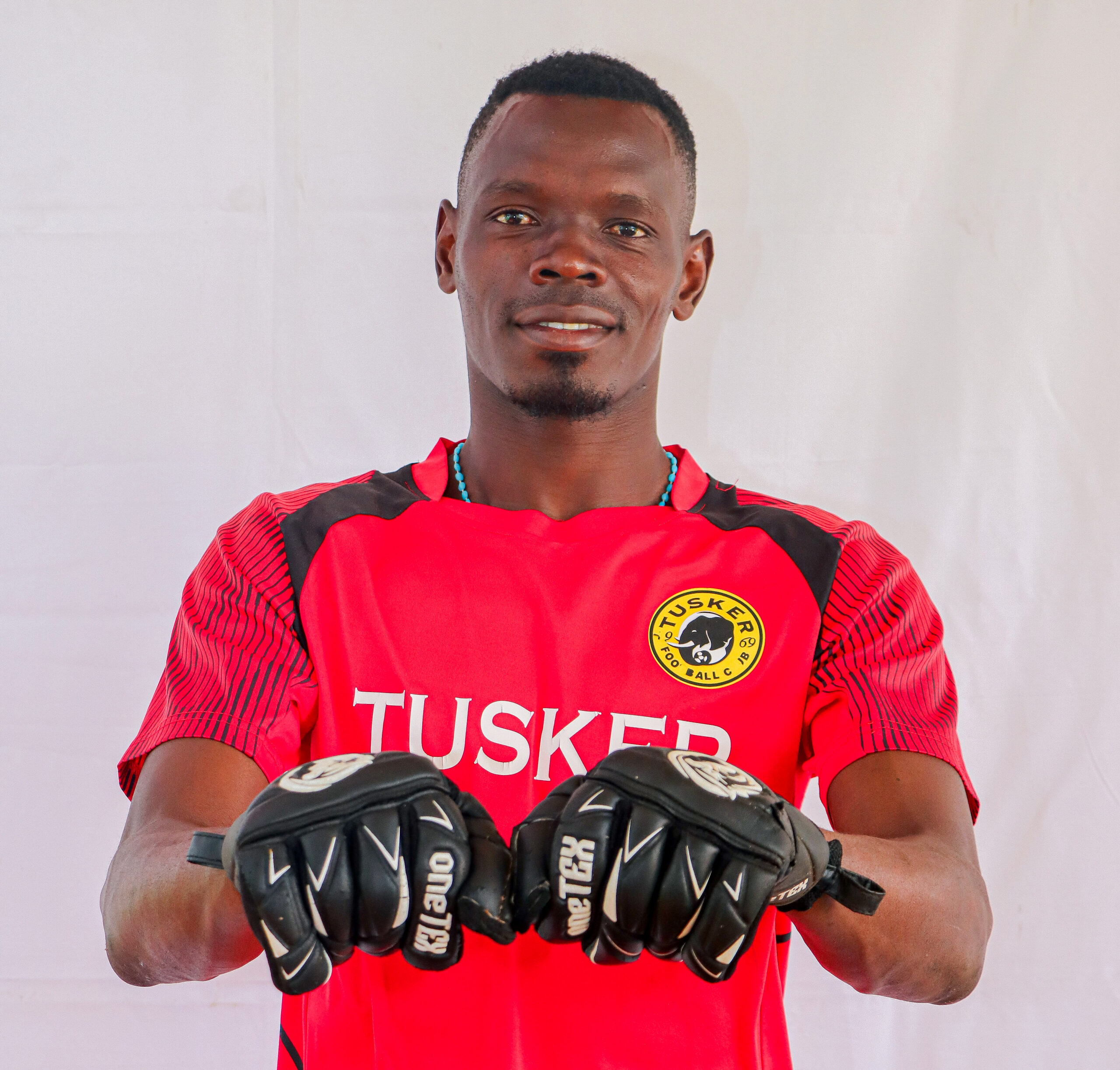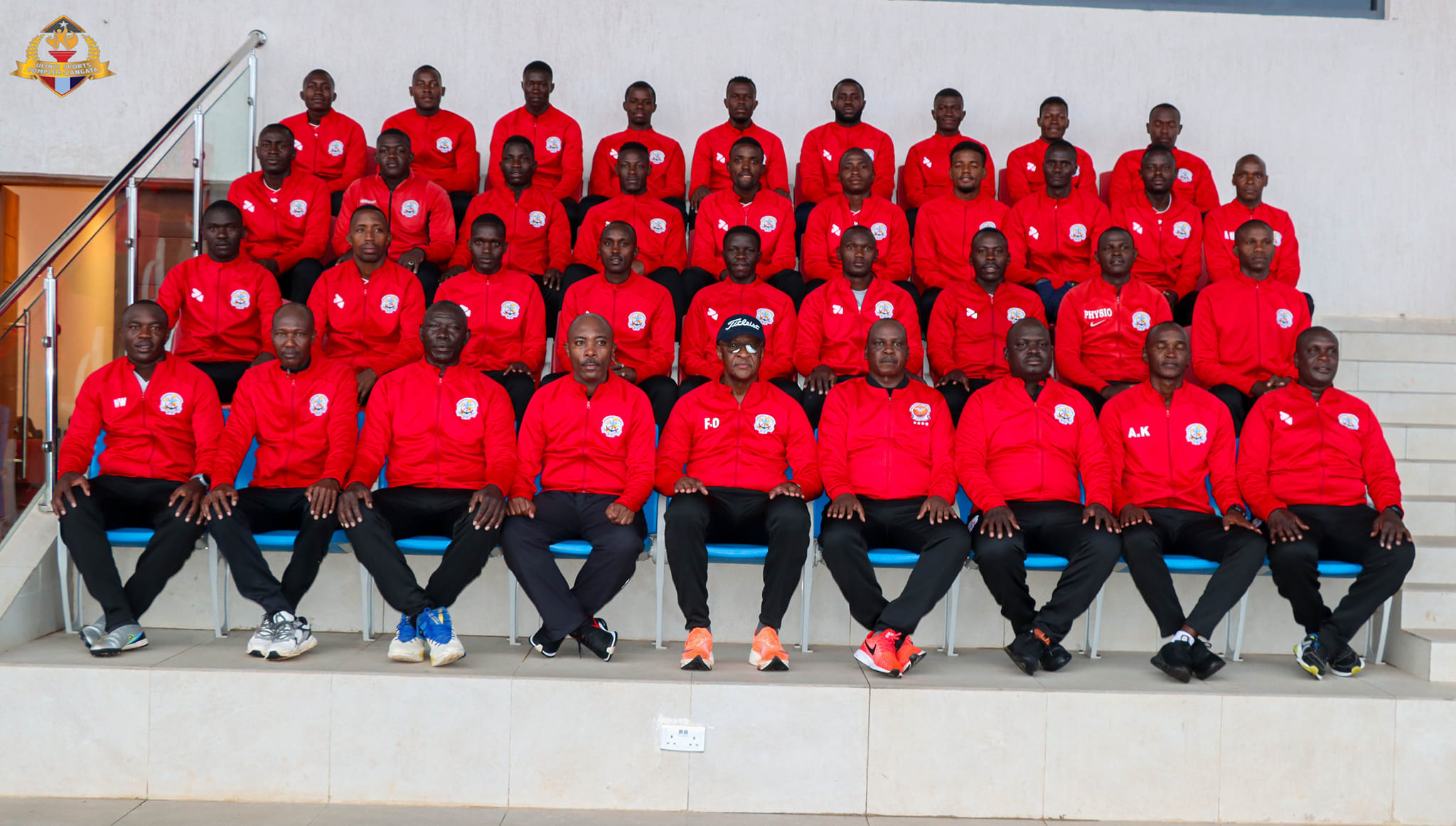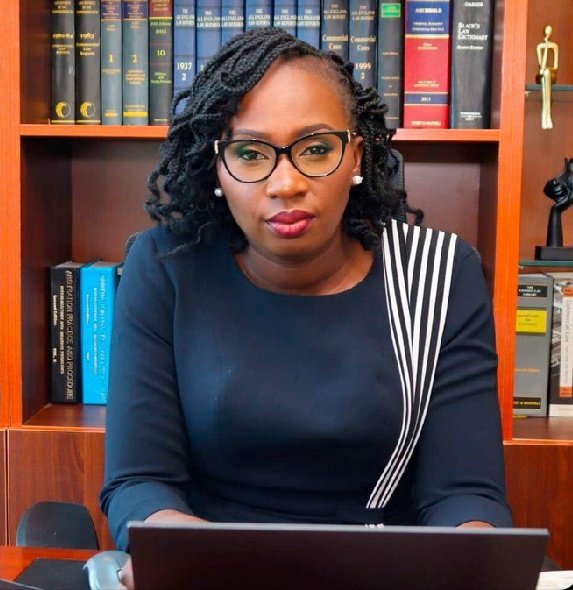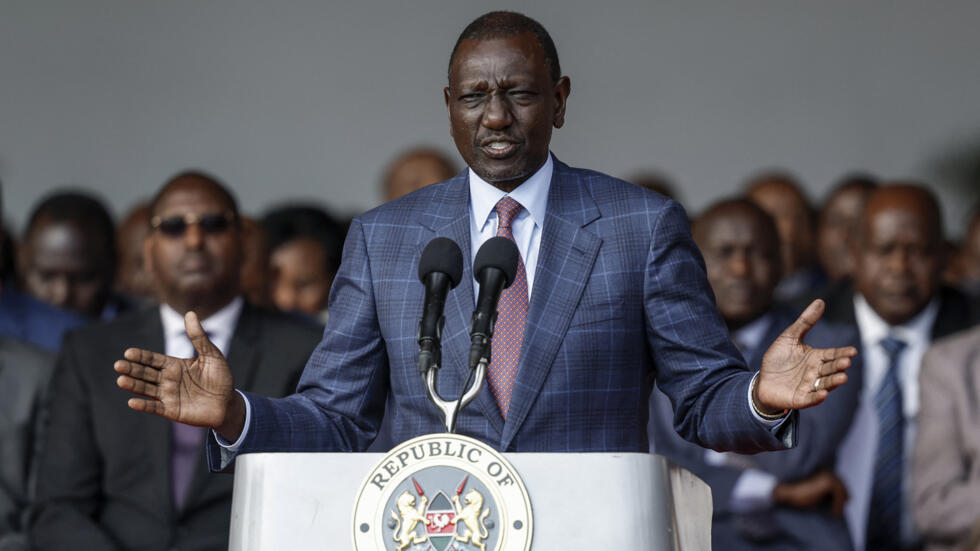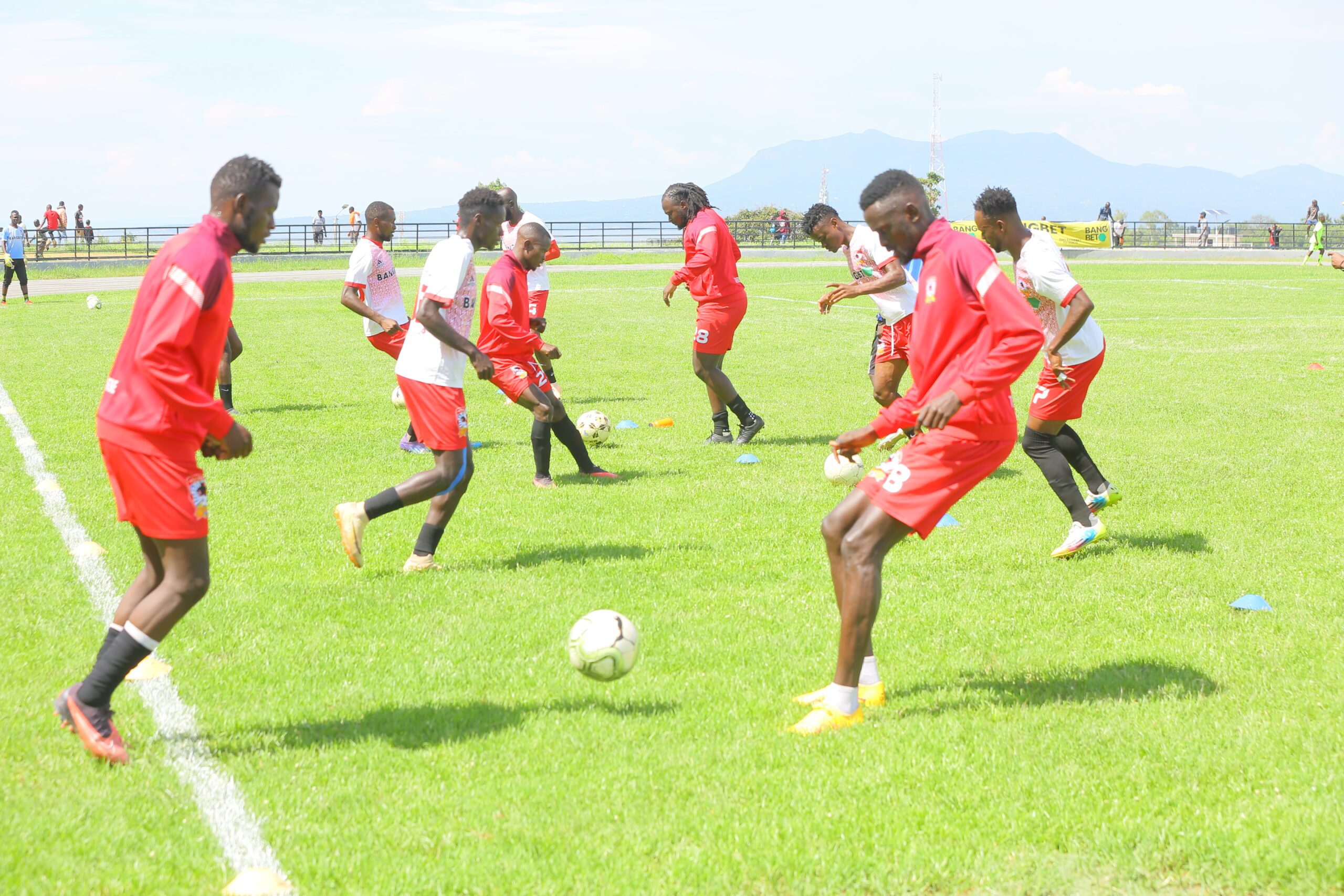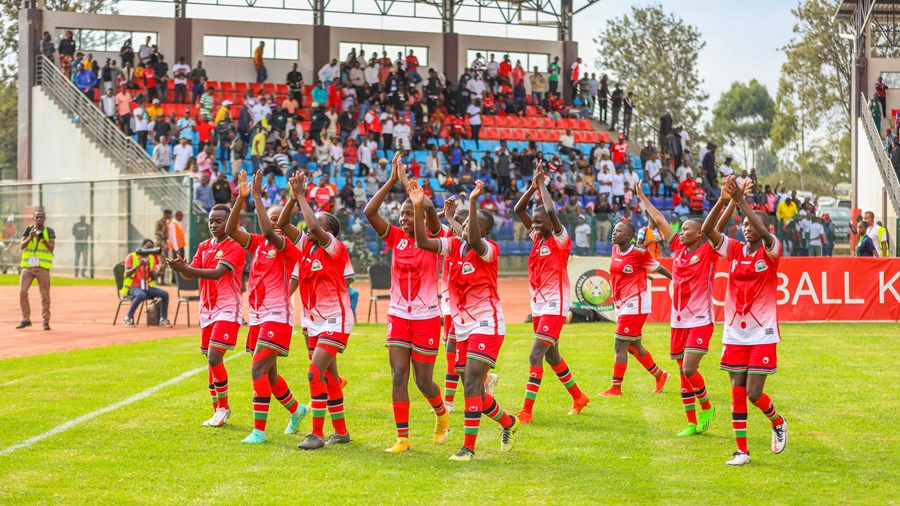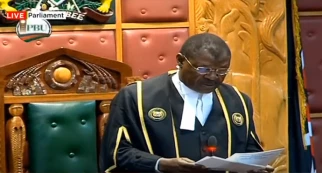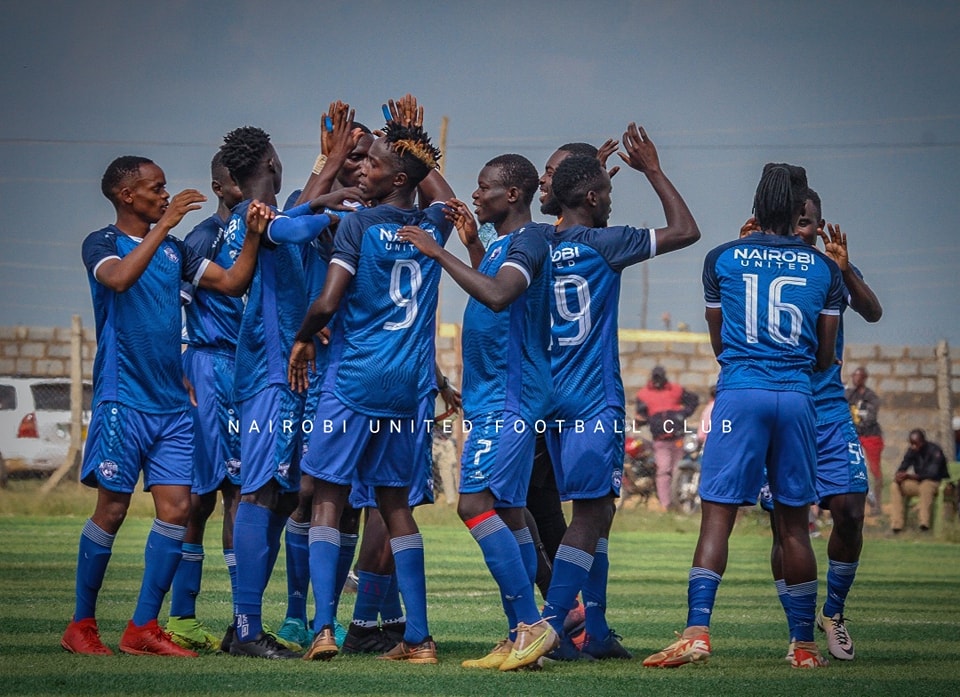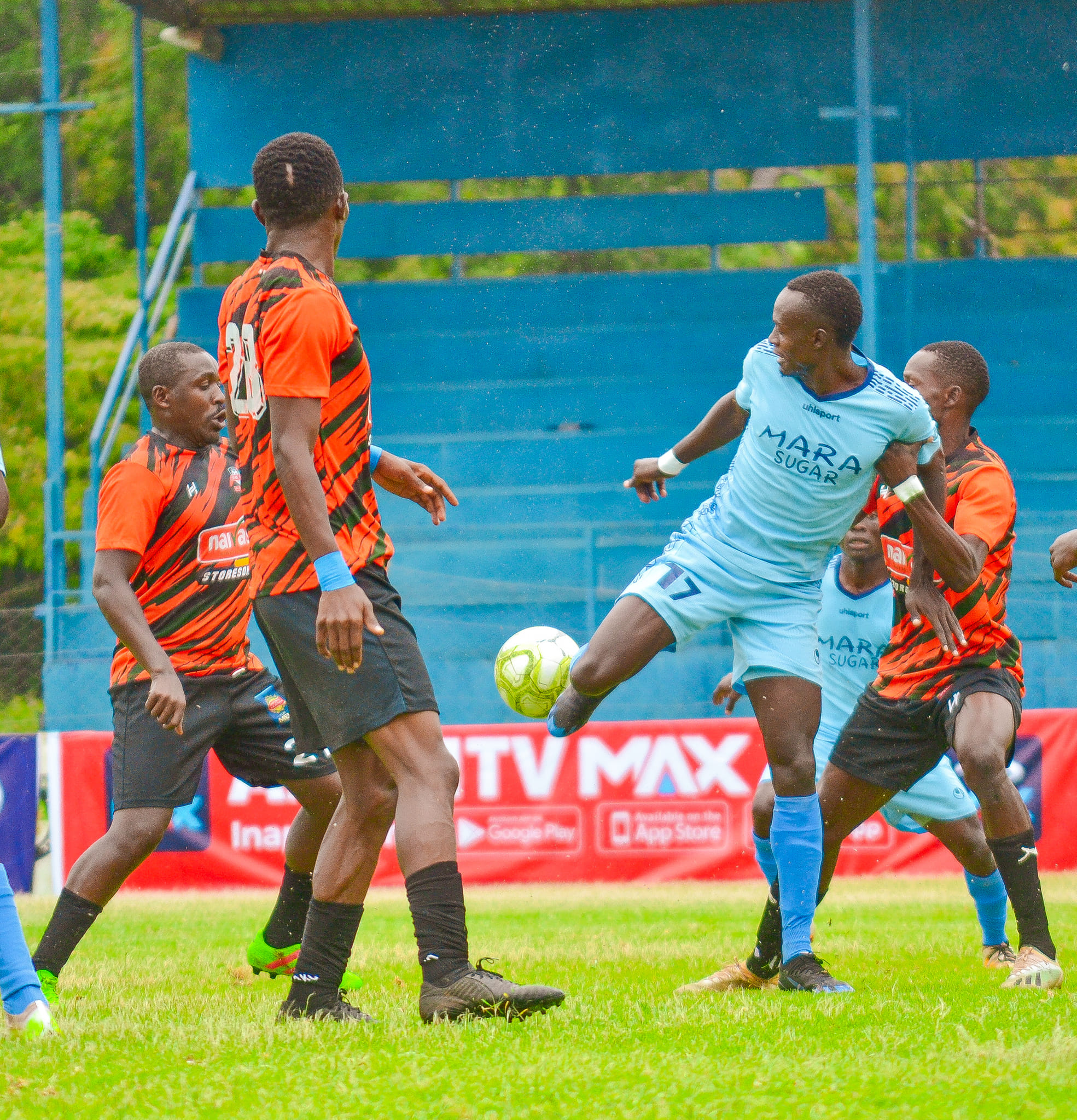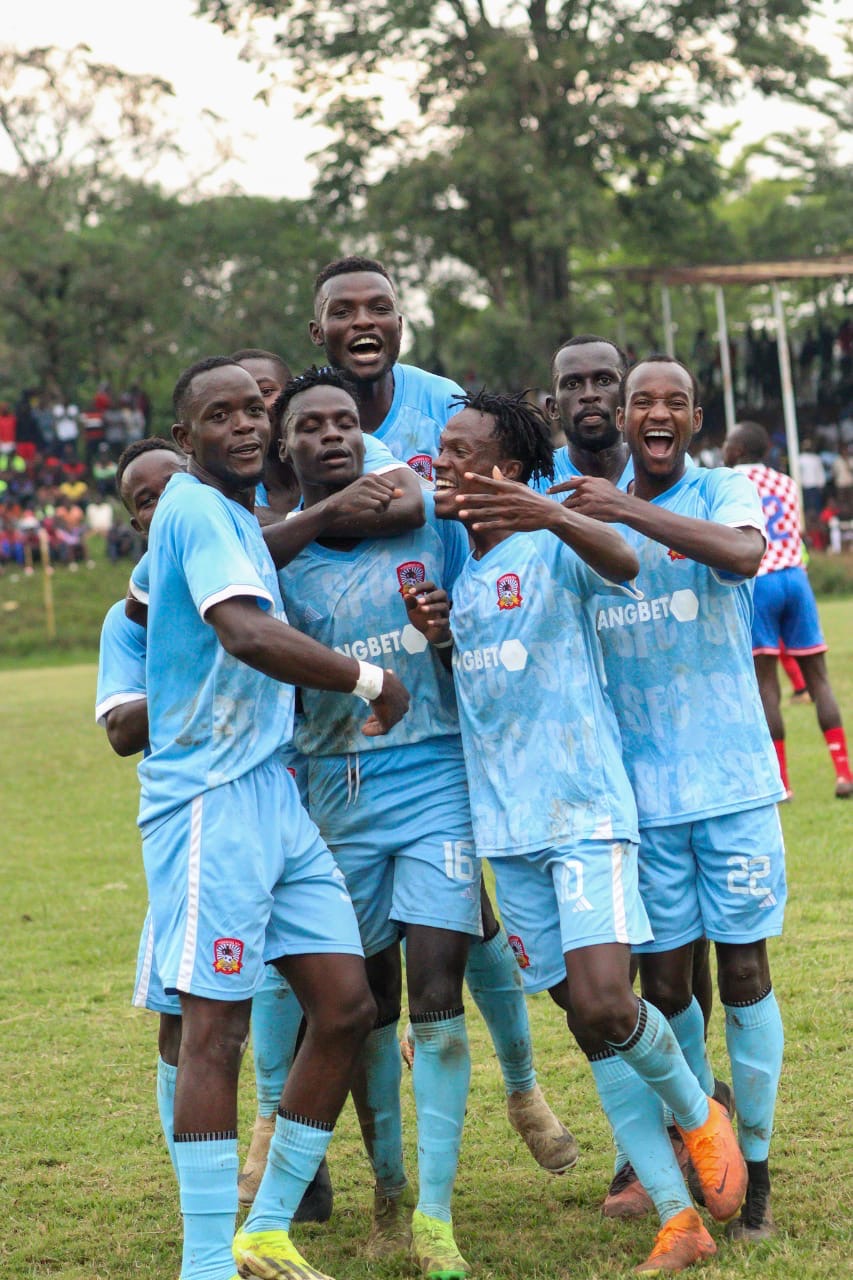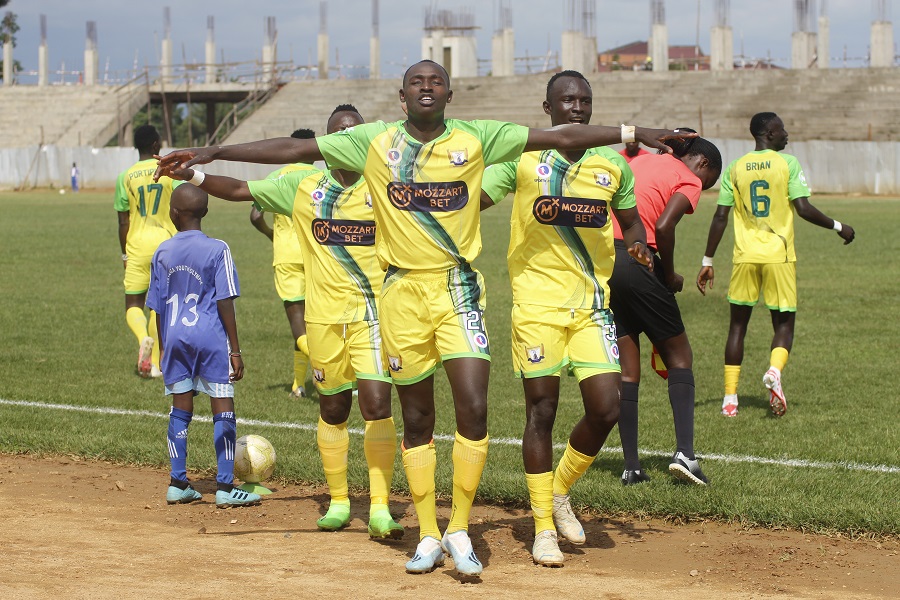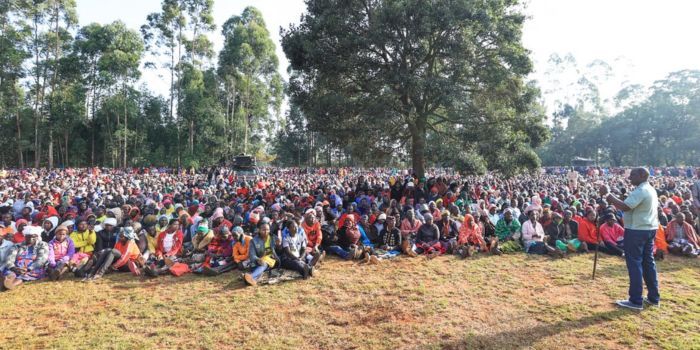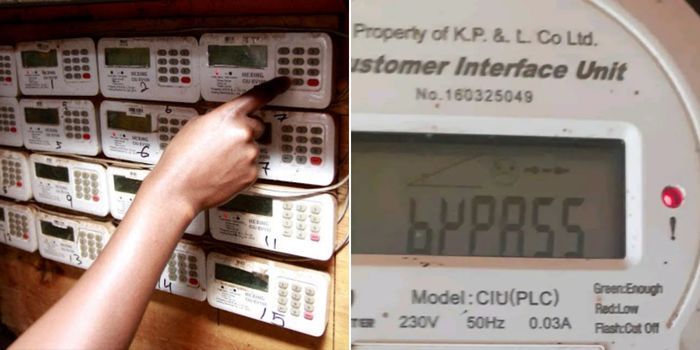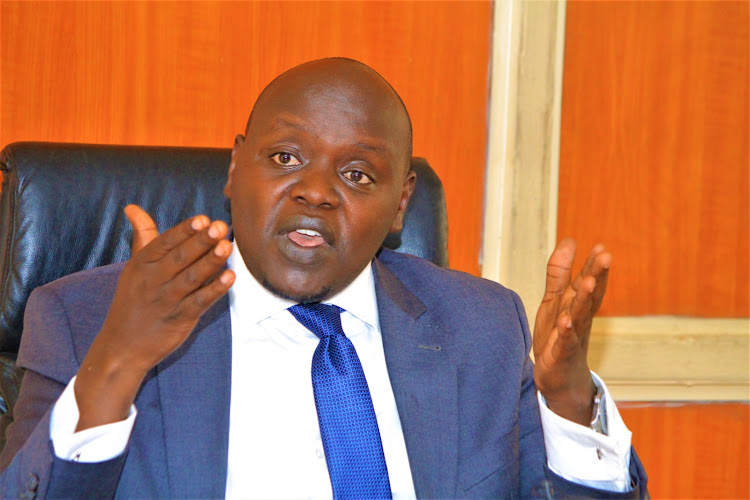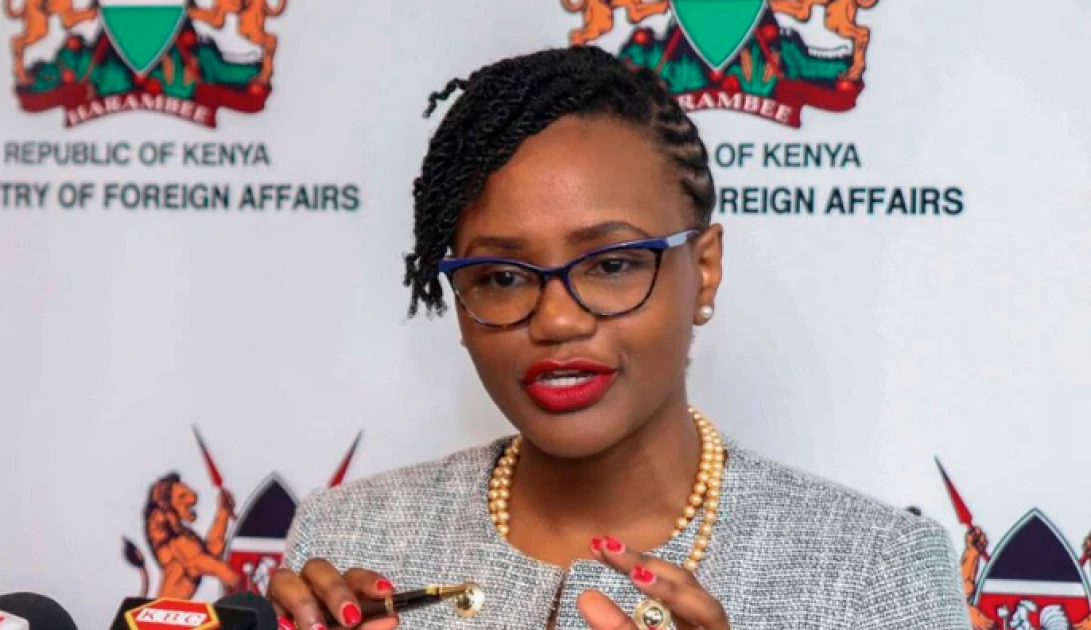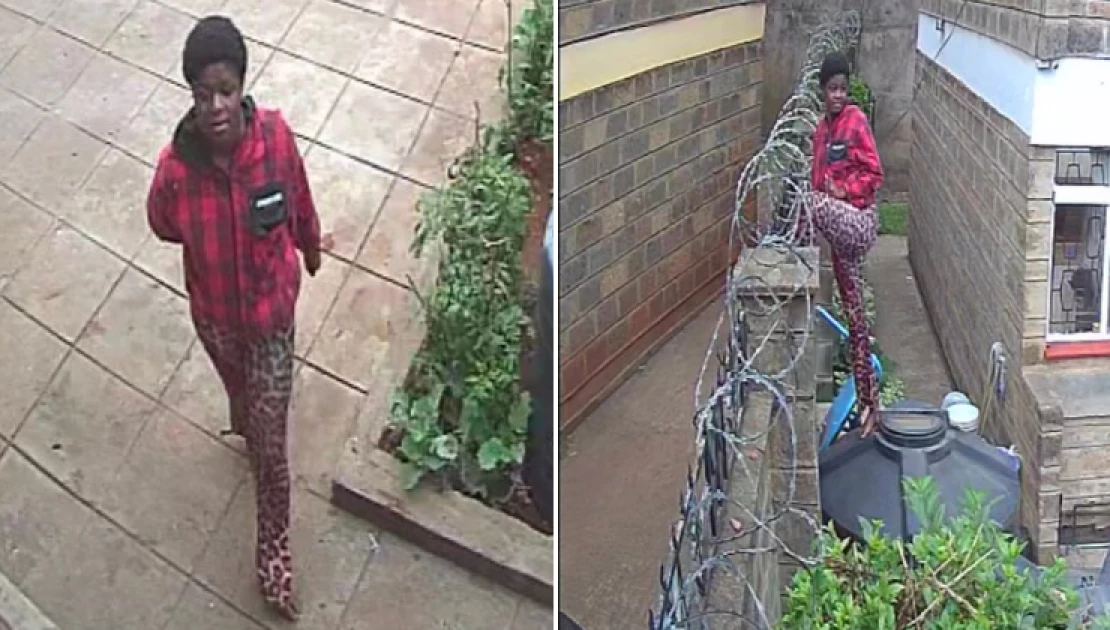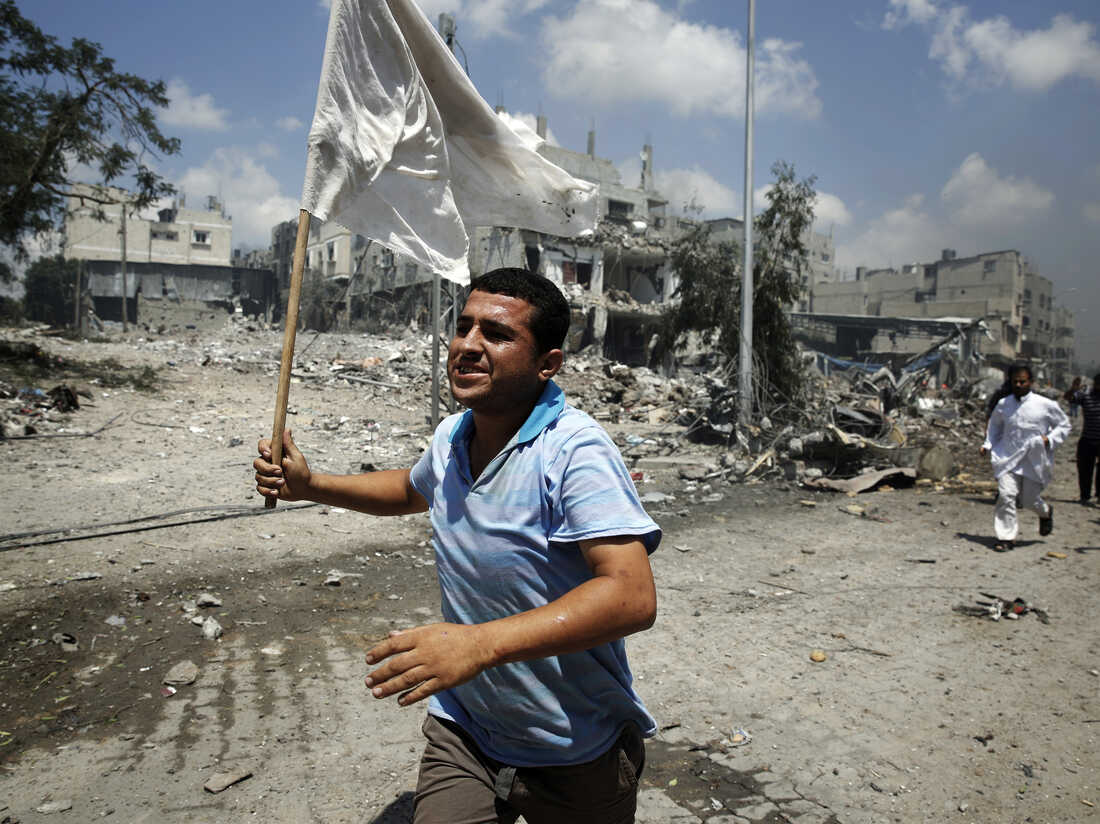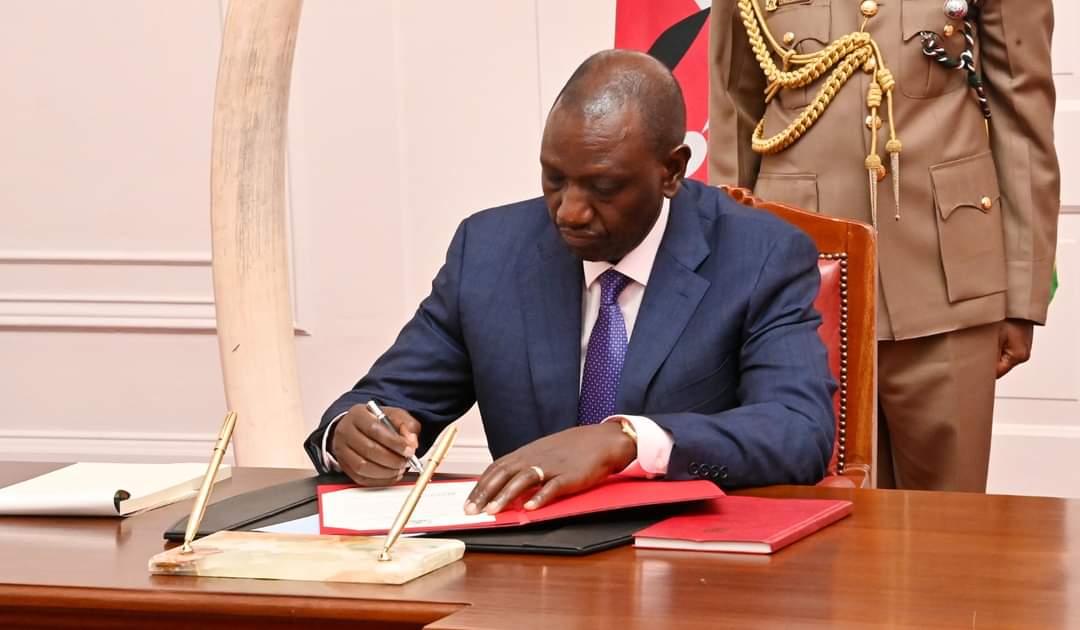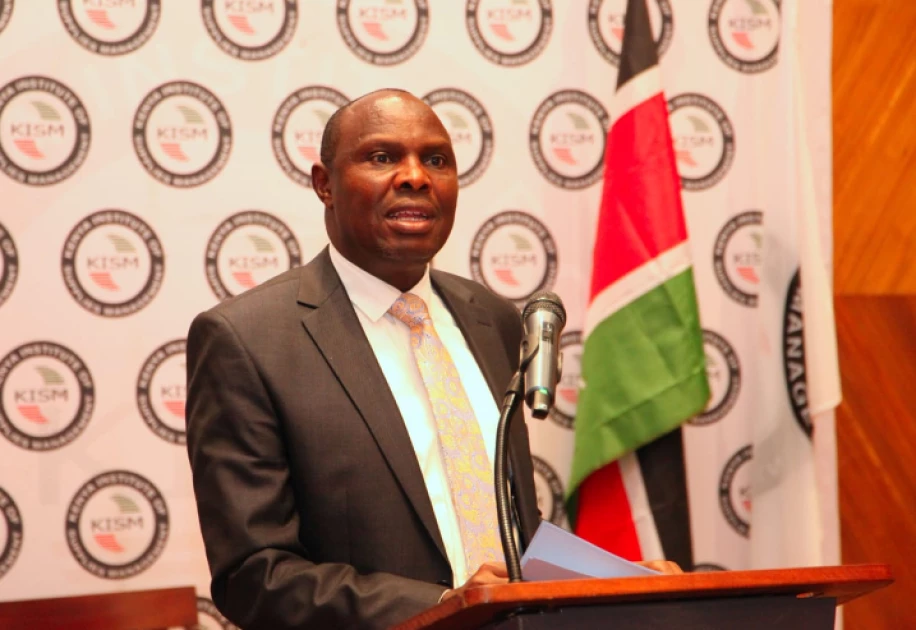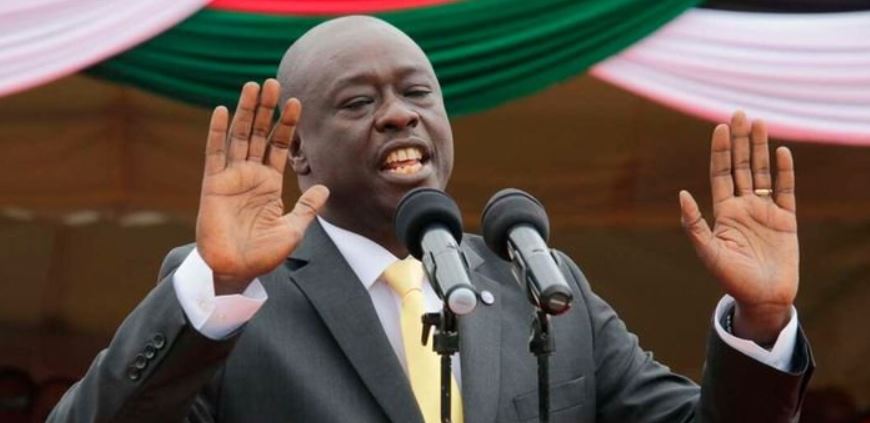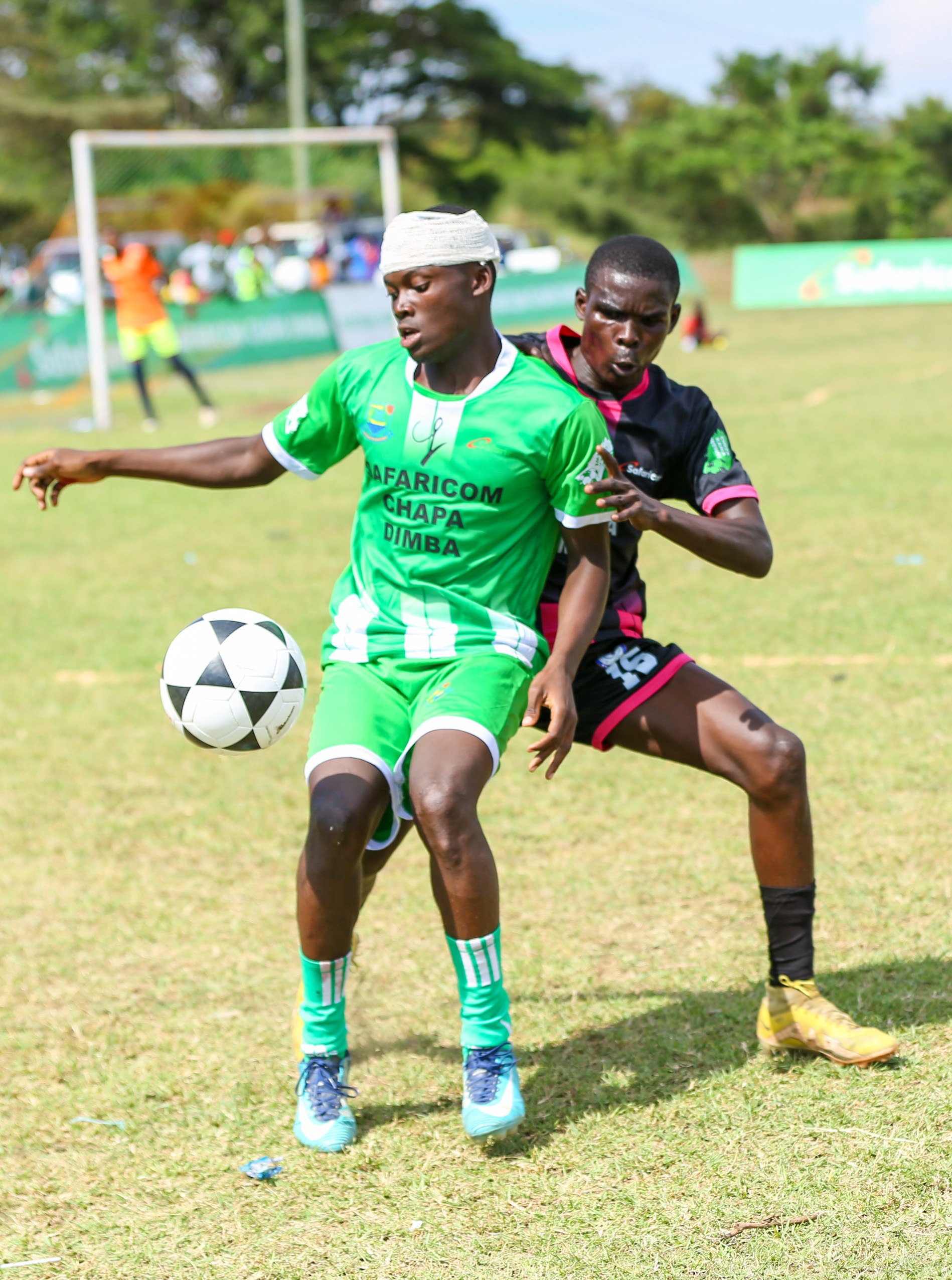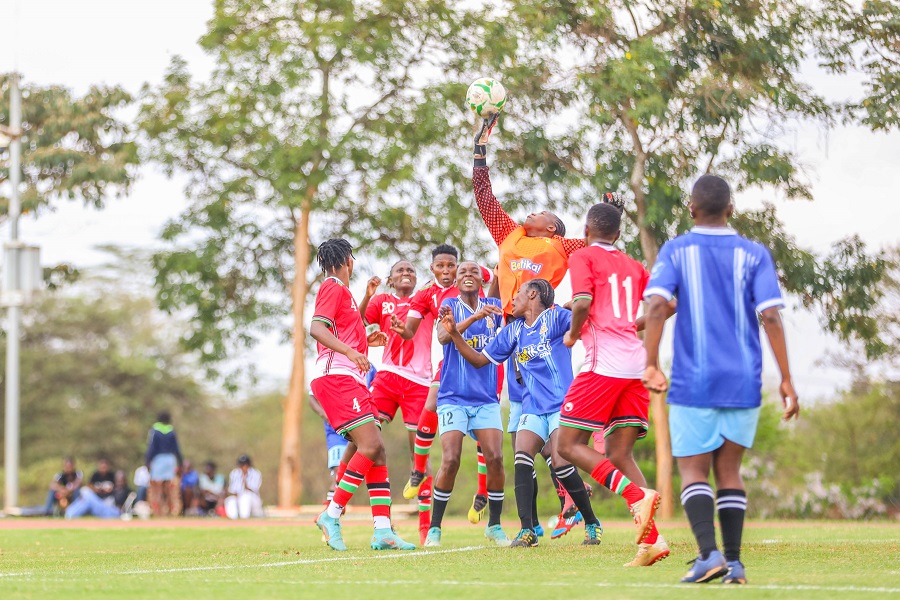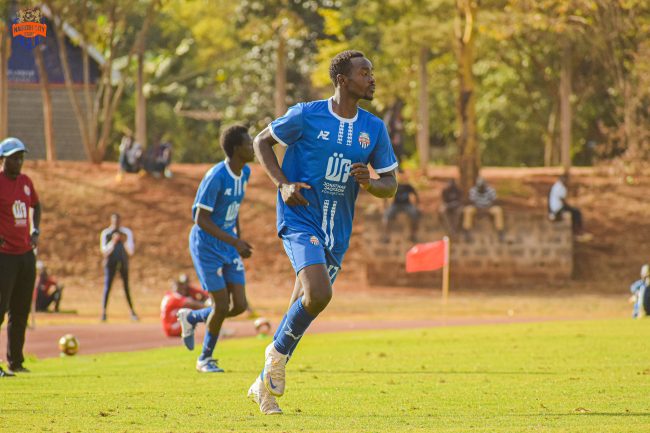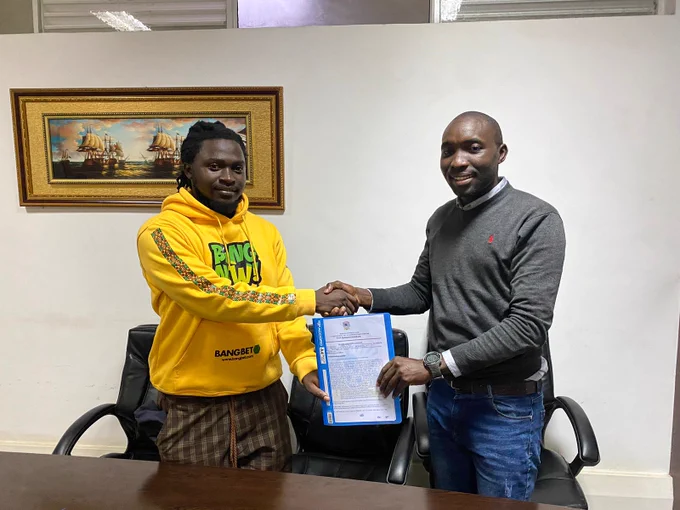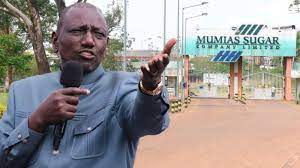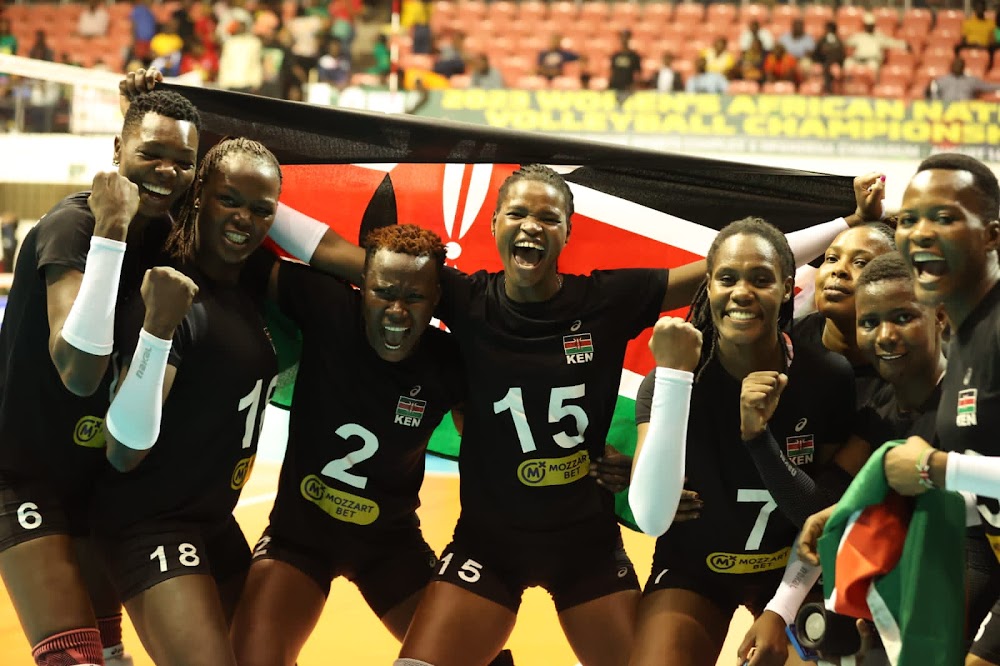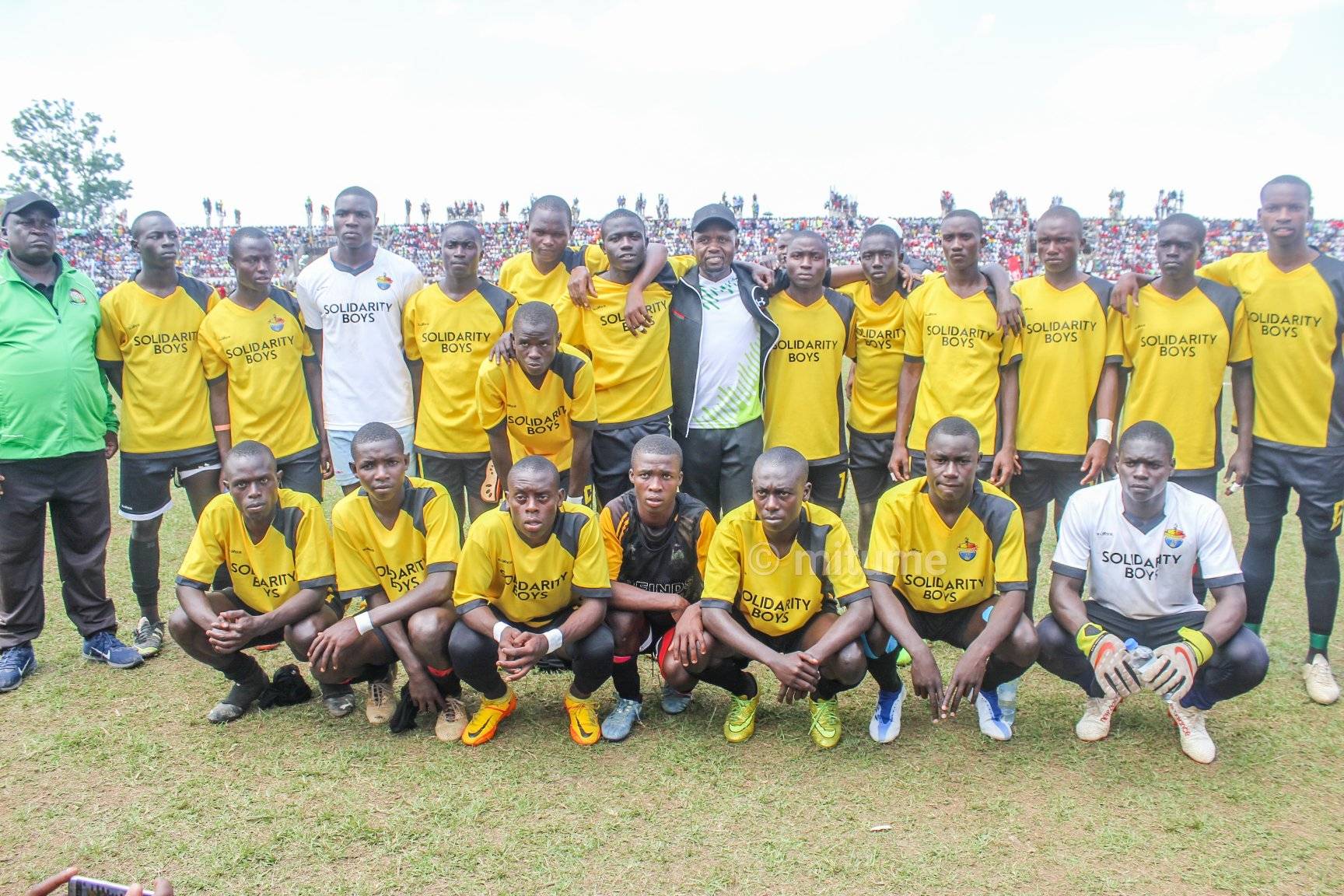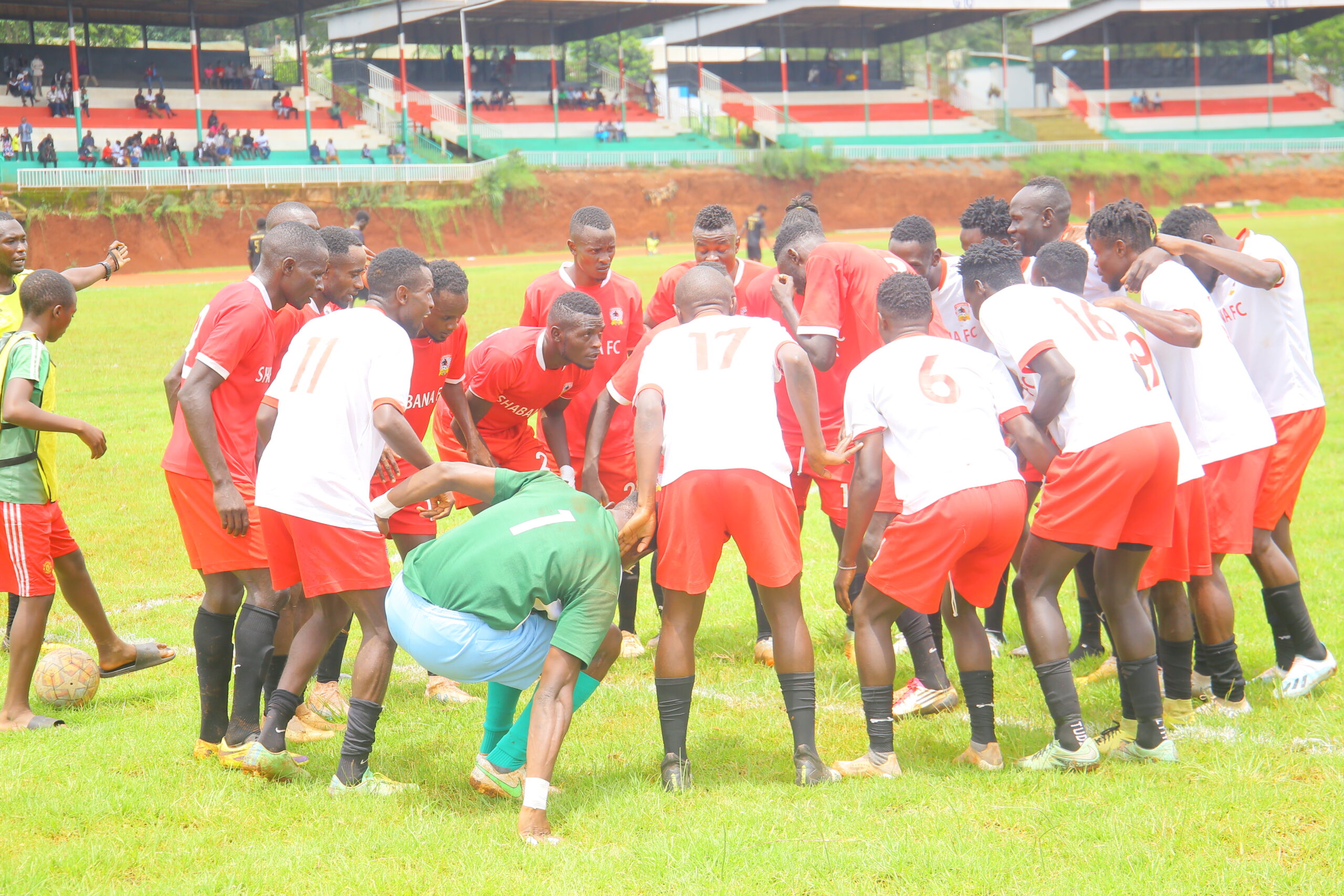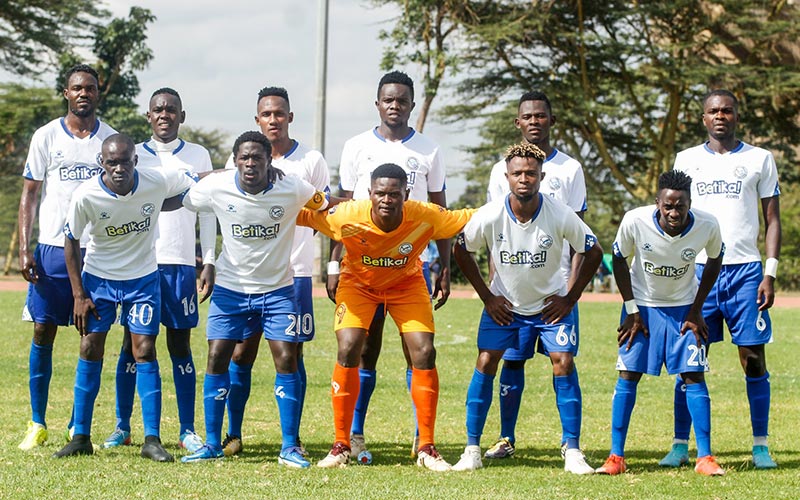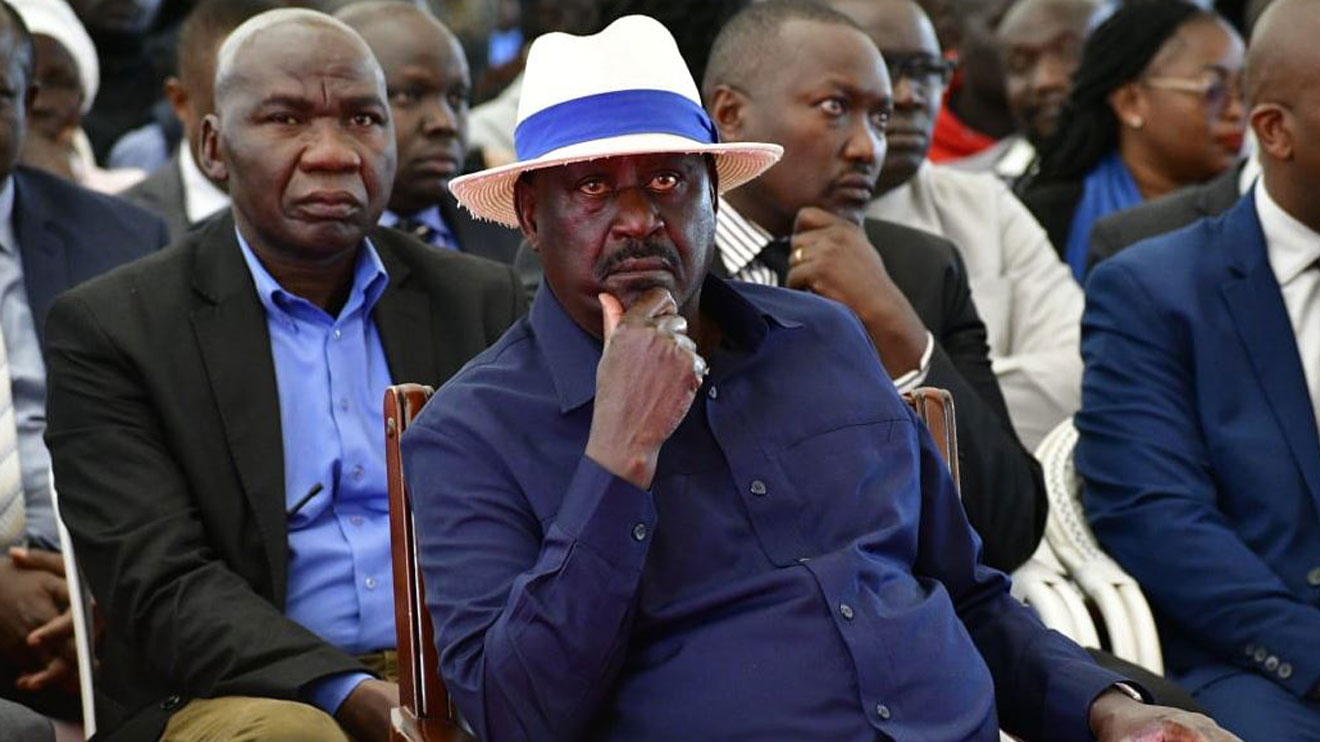The arrest of South Korea’s suspended president Yoon Suk Yeol has sent shockwaves through the nation, further exposing the deep political and social divides plaguing the country.
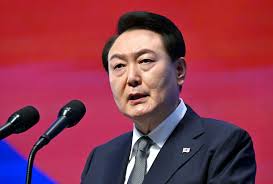

Arrest Sparks Protests and Celebration
The dramatic arrest on Wednesday morning left his supporters in tears and disbelief, while opponents rejoiced in celebration. Outside Yoon’s residence in central Seoul, the scene was a microcosm of a nation torn apart by political turmoil.
“This country is in crisis,” said one tearful supporter, while a detractor on the other side of the street countered, “This arrest was necessary to uphold democracy.”
Yoon, 64, had spent weeks holed up in his presidential compound in Yongsan, defying multiple arrest attempts and summonses. His December 3 declaration of martial law had already split public opinion, with many accusing him of abusing power, while others believed his warnings of national threats.
A Nation Polarized
The streets surrounding the compound became a battleground for opposing factions. Yoon’s loyalists camped in freezing temperatures, sharing food from trucks as they chanted slogans of support. Meanwhile, his detractors gathered to demand justice, celebrating as news of the arrest broke.
The police and the Corruption Investigation Office (CIO) deployed 3,000 officers to detain Yoon, warning that even his presidential security team could face arrest if they obstructed the operation. Unlike the failed attempt on January 3, Wednesday’s arrest was executed after hours of negotiation.
Yoon’s Controversial Legacy
Yoon’s presidency has been marked by escalating tensions. His martial law announcement, aimed at addressing supposed national threats, was seen by many as an opportunistic grab for power. Even members of his own party voted for his impeachment in mid-December, reflecting the growing opposition to his leadership.
Adding to the nation’s woes, the political crisis coincided with the tragic Jeju Air crash on December 29, further dampening South Korea’s usually festive year-end atmosphere.
Legal and Political Implications
Yoon faces charges of insurrection, which his lawyers argue fall outside the CIO’s jurisdiction. The CIO counters that insurrection constitutes abuse of power, a charge they are empowered to investigate.
His impeachment trial, starting this week, has intensified debates about the use of impeachment as a political weapon. The swift ousting of Prime Minister Han Duck-soo, Yoon’s immediate successor, has only fueled allegations of partisan tactics.
What Lies Ahead
Yoon’s arrest has resolved the immediate standoff, but it has not quelled the nation’s deep divisions. His supporters have moved their protests to the CIO office, where Yoon is being questioned. The CIO will need another warrant to detain him beyond 48 hours.
The unfolding events have drawn attention to the broader polarisation in South Korean politics. With Yoon’s impeachment trial and potential public statements on the horizon, the nation remains on edge, uncertain about its political future.
The hope for unity seems distant as South Korea grapples with its identity as both a global economic leader and a beacon of democracy in Asia.









































































